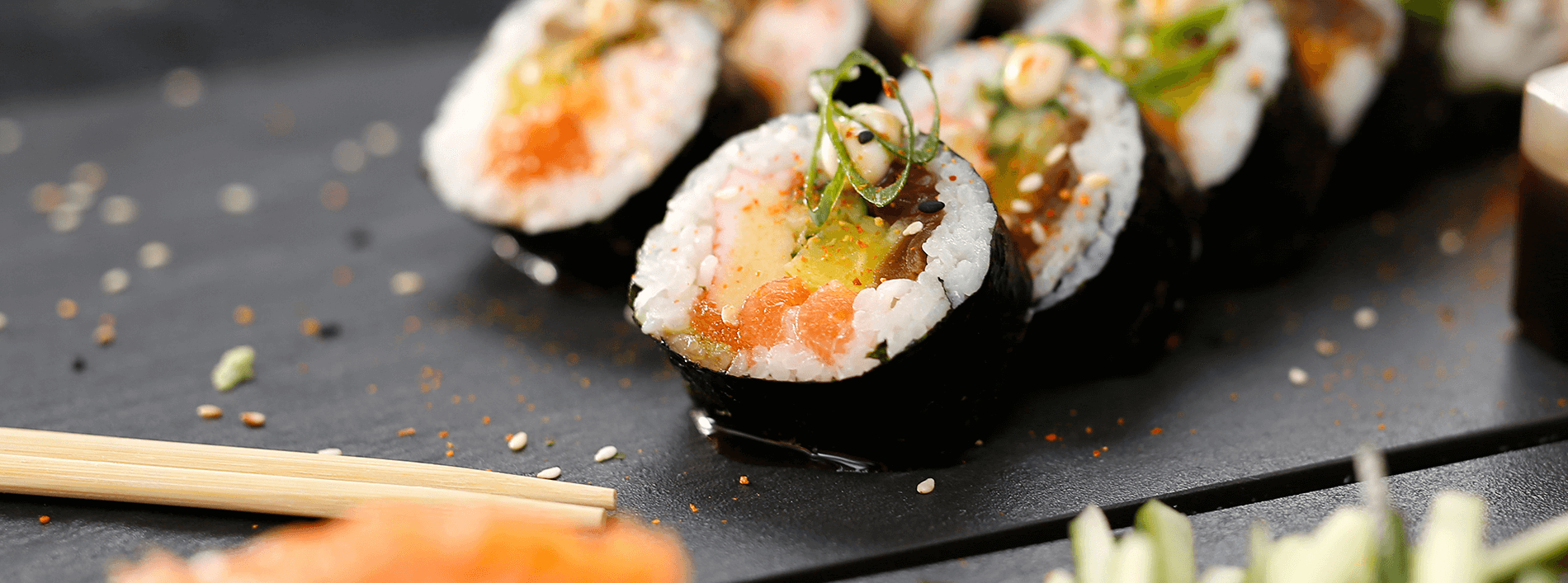Dodgy decisions from referees are all part of the fun of any World Cup – just as long as they’re fired at the other team and not the one you happen to be supporting. When and where you’re dealt such a blow though, the most common reaction is one of temporary rage, followed by quick acceptance that there’s nothing you can do about it. In the case of Croatia on the other hand, such is the fury following Japanese referee Yuichi Nishimura’s decision in the very first game of the championship that a rather more radical idea has been floated.
How best to protest and get the world to notice?
According to some fans – get the whole country to boycott sushi!
Now, on the surface at least this knee-jerk reaction seems to logical – a Japanese referee helped cost Croatia its place in the tournament, so to shun Japan’s national dish might get the point across. The thing is though, approach the subject with a touch of common sense and you begin to realise that it’s actually an idea that would do little more than deliver several crushing blows to Croatia and Croatia alone.
Here’s a quick look at the arguments for and against a national sushi boycott in Croatia:
For
If looking for justification for a sushi ban, you could argue that it’s not only a good way of getting your point across, but also a decent idea for making sure you hit the headlines. And if and when Nishimura gets wind of it, he might feel a bit guilty…that’s where the pros come to an end.
Against
There are so many more reasons why a sushi boycott is by no means a good idea.
First and foremost, a single referee in a football game does not represent the interests or opinions of an entire country. It’s worth bearing in mind that if we were to ban the national dishes of every referee that’s ever made a bad decision, the nation’s restaurant menus would be rather sparsely populated.
Next up, exactly how can a sushi ban negatively affect Japan, if enforced in Croatia? How much of the fish, the garnishes and the general ingredients for sushi in Croatia come directly from Japan? The answer is almost none at all, which means that even if the whole country did stop eating sushi, chances are Japan wouldn’t even notice.
And finally, to boycott sushi in Croatia would in fact do little other than see thousands of jobs lost by Croatian nationals that had nothing to do with the whole Japanese referee controversy. It would damage the country’s economy, put thousands of people out of work and see tens of thousands give up a food they love for no benefit at all, other than that of trying to prove a point.
It’s a classic case of trying to spite an individual – or in this case a whole nation’s cuisine – but ending up doing yourself and your own interests more harm than good in the process.



